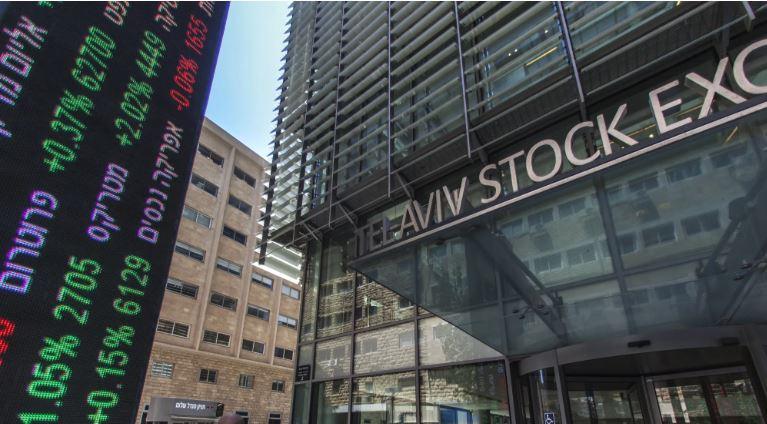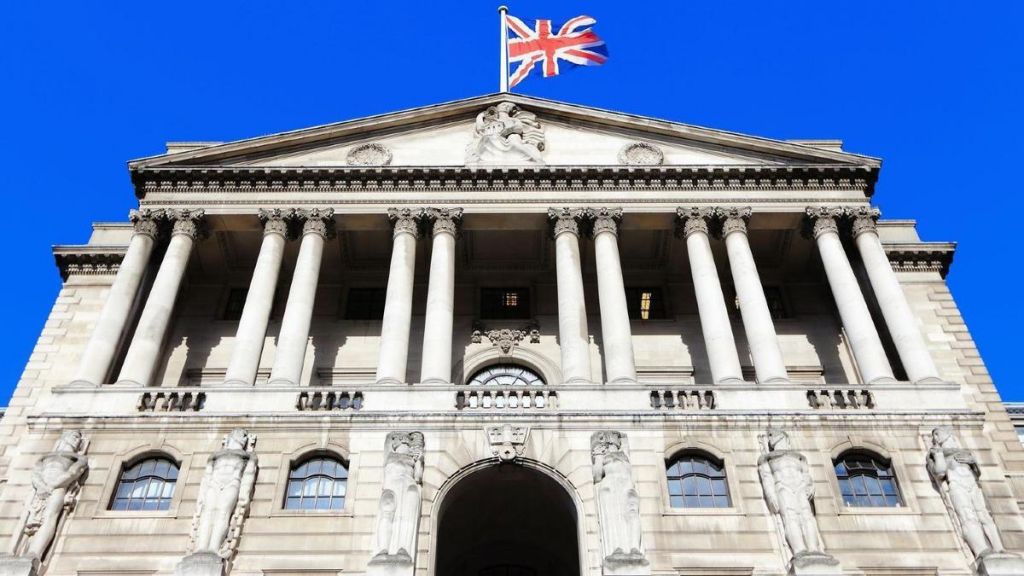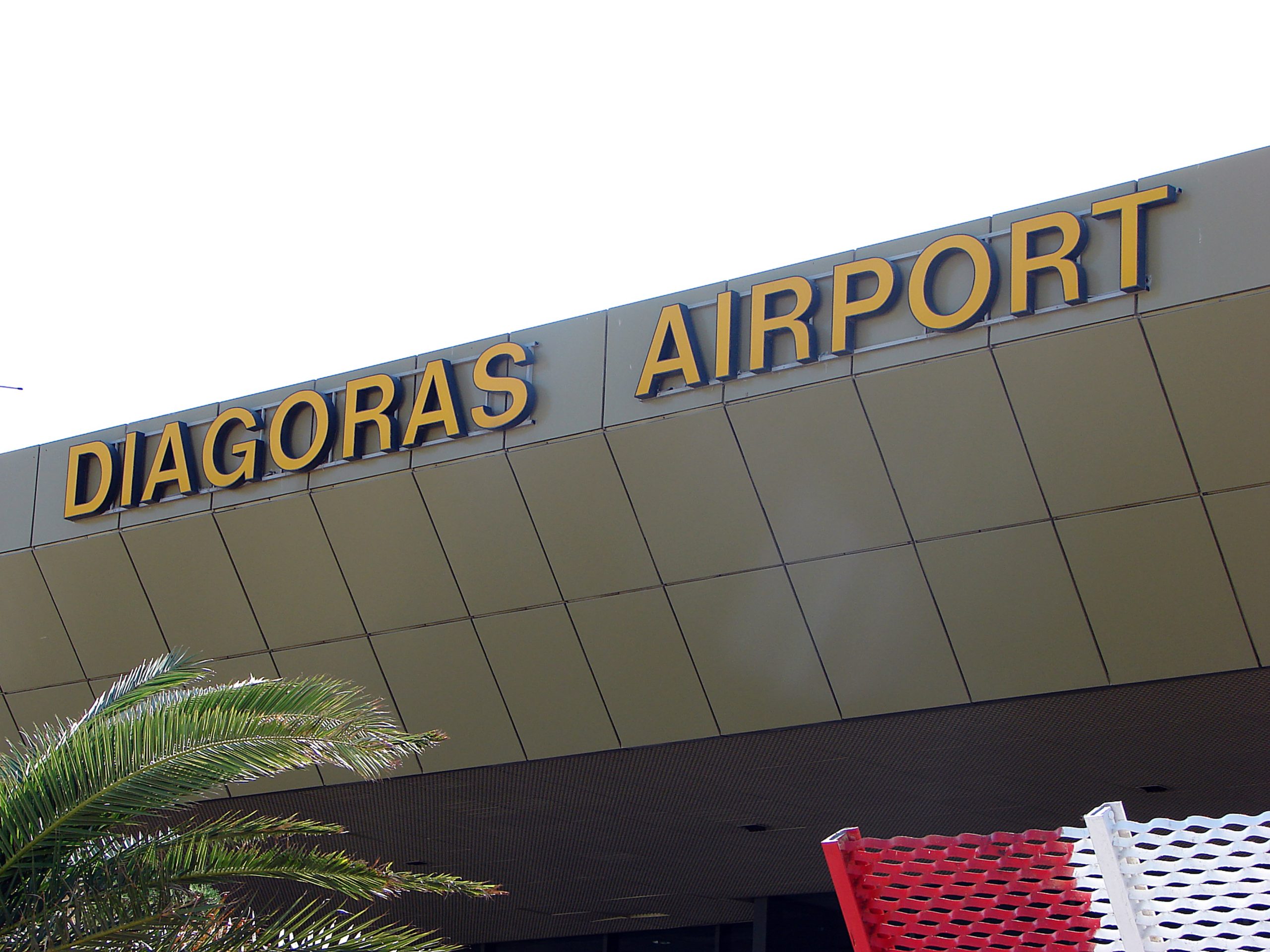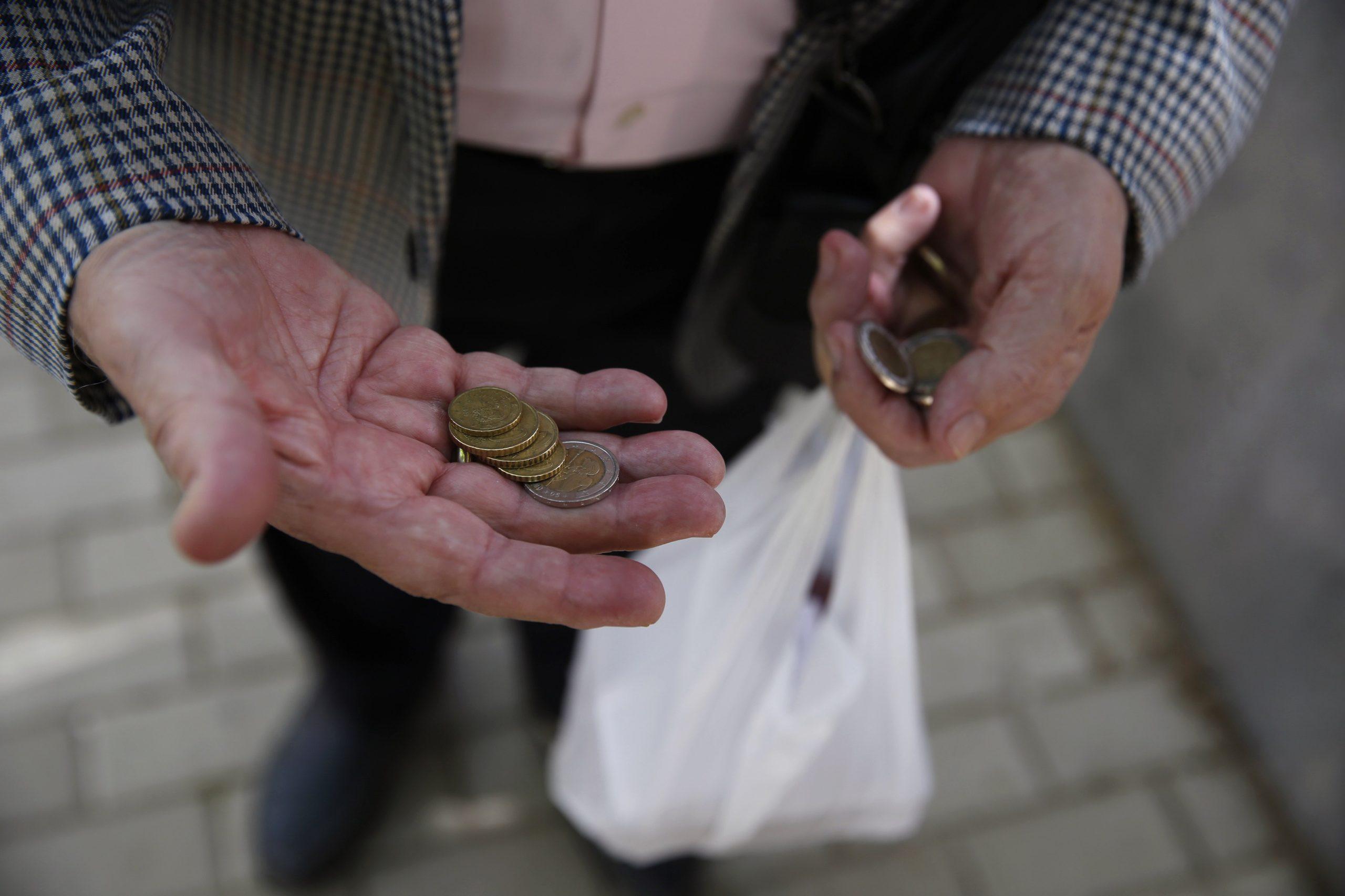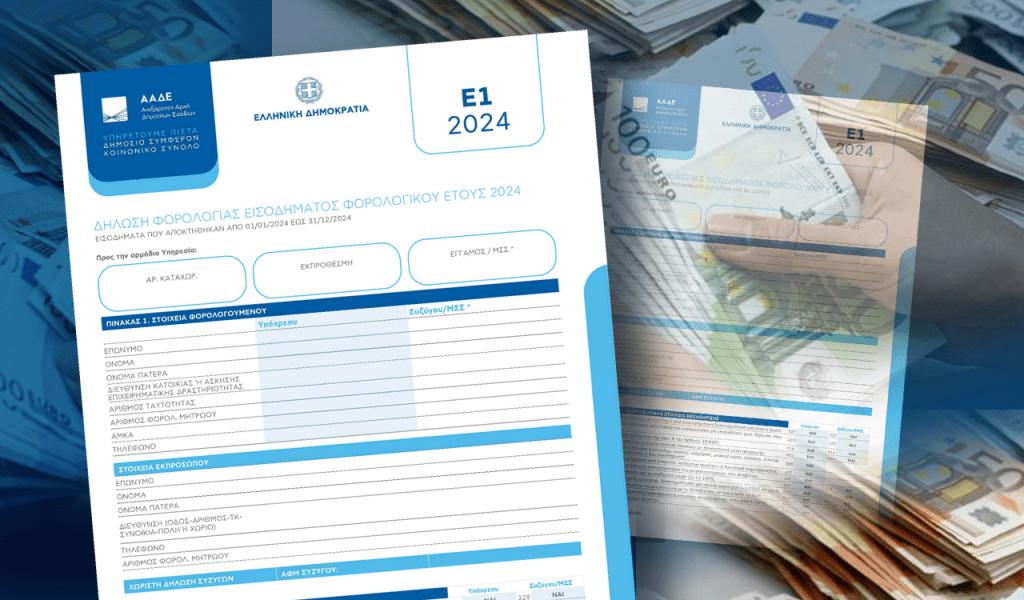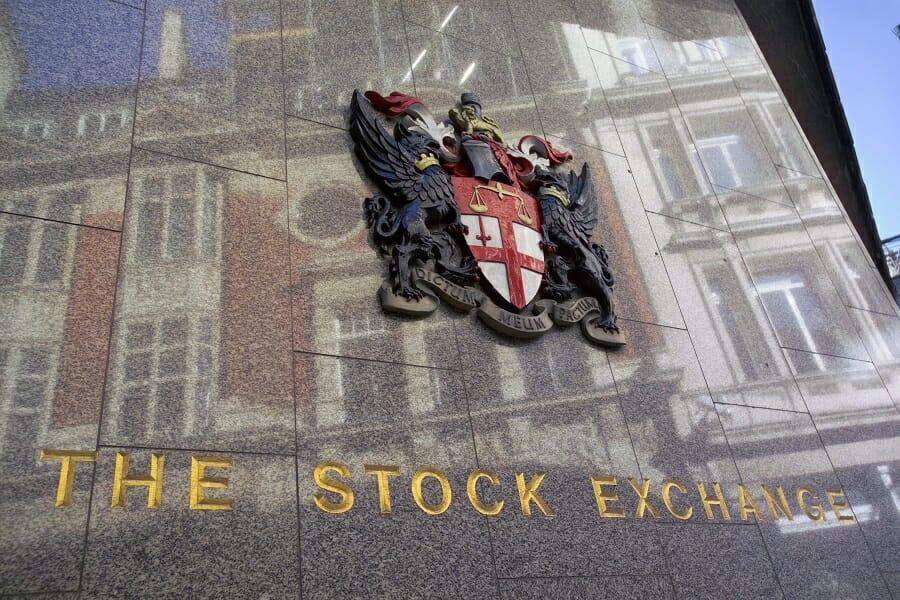The minimum wage in the private sector is expected to reach 751 euros – i.e. the pre-monetary levels after 10 years – on May 1, 2023. The Greek Prime Minister is expected to announce his intentions to raise the minimum wage during the Thessaloniki International Fair (TIF) and then the Greek labour minister will accelerate the process.
The Commission’s estimates that put inflation at 8% for 2022, the increase in commodity and raw material prices, as well as the possibility of elections next spring, create scenarios within the government to speed up the process of the new minimum wage increase.
OECD estimates
It should be noted here that the OECD, in its report on the economic outlook of its members published in June, shows Greece as the champion in the loss of real income in 2022, due to price hikes. More specifically, Greek citizens are estimated to lose 6.9% of their real income in 2022.
According to government circles, once again the process of formulating the new minimum wage is being accelerated, which will start early in 2023 (possibly even earlier), so that the government and social partners can come to an agreement on the new, increased minimum wage, which will apply from 1 May 2023. As a reminder, from 1 May 2022 the minimum wage was increased to 713 from 663 euros previously.
The pros of the increase
According to the Greek Ministry of Labour, given that 14 salaries are paid per year, the minimum wage increase equals to one additional salary (50 euros the monthly increase multiplied by 14 salaries = 700 euros).
Monthly earnings, taking into account the payment of 14 salaries per year, amount to €831.8, up from €773.5, today. The nearly 650,000 workers paid with the minimum wage will gain an extra salary per year. In other words, a 15th salary will be added to their income from now on.
If the previous increase in the minimum wage, which took place on 1 January 2022, is taken into account, this results in an increase of 9.7% or 63 euros per month (from 650 euros to 713 euros). Given that 14 salaries are paid, this double increase in the minimum wage in 2022 amounts to 882 euros per year (63 euros times 14 salaries).
As the ministry has pointed out, “In reality, however, the net wage increase is even higher, amounting to 11.81%, if the 1.63 percentage point reduction in the social security contributions paid by employees, which has already been implemented, is taken into account. From these two minimum wage increases in 2022 and because of the reduction in social security contributions the additional amount of money the workers gain annually amount to €906”.
The “three-year periods”
Regarding the so-called “three-year periods”, i.e. the years of work experience that the employees paid with the minimum wage have, the Ministry of Labour and Social Affairs has already clarified that they will continue to be paid.
In particular, the minimum wage and the minimum daily wage are increased by up to 30% depending on the years of service completed by the employee before 14 February 2012.
As a consequence, the gross monthly minimum wage for workers with three years of professional experience may be up to €213 higher (€713 + 30%). In this case, the minimum wage may amount to €926 plus Christmas bonus, Easter bonus and vacation pay.
At the same time, the increase in the minimum wage has also brought increases in allowances. For example, as of 1 May 2022, the unemployment benefit was increased to 438 euros from 407.25 euros previously and the daily allowance was increased to 17.51 euros from 16.29 euros.



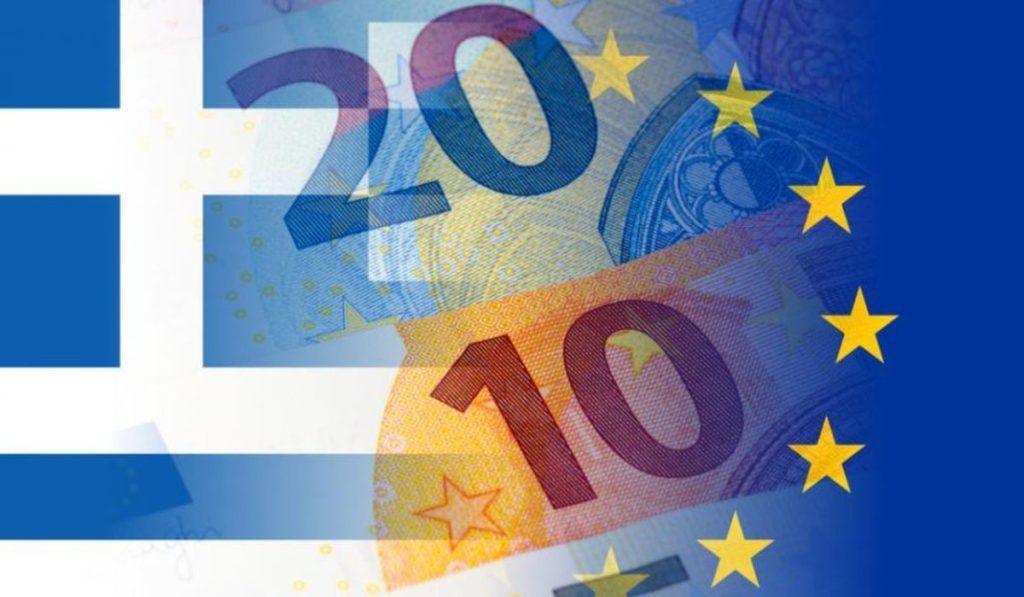
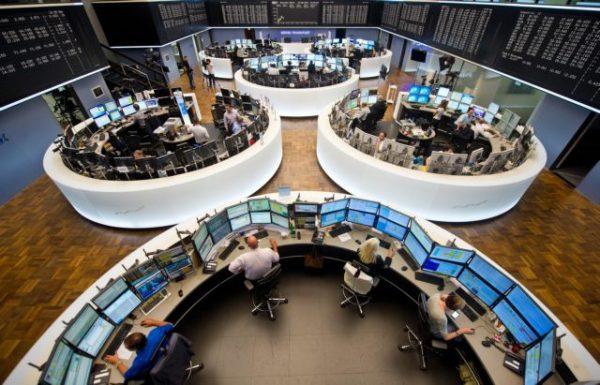





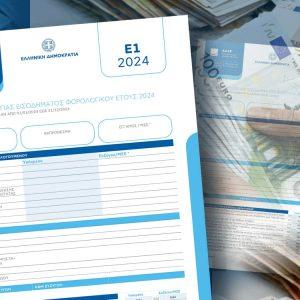
![ΦΠΑ: Τι θα συμβεί στο «ράφι» αν μειωθεί ο συντελεστής – Η ανάλυση της ΤτΕ [γραφήματα]](https://www.ot.gr/wp-content/uploads/2025/07/ot_taxes44.png)
![ΤτΕ: Δυναμική ανάπτυξη με υψηλό πληθωρισμό για την Ελλάδα μέχρι το 2027 [πίνακας]](https://www.ot.gr/wp-content/uploads/2025/06/ot_greec_economy799-1024x600-1.png)
